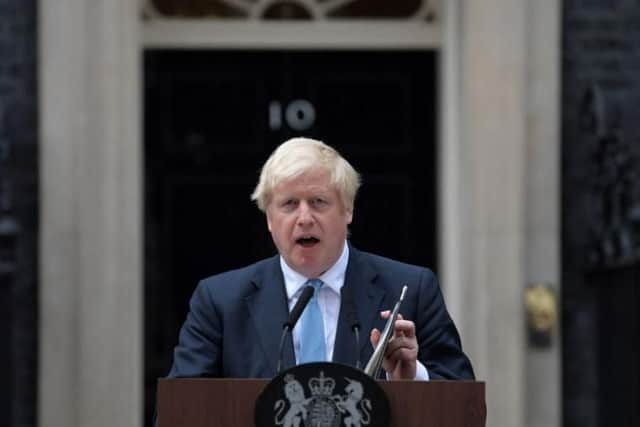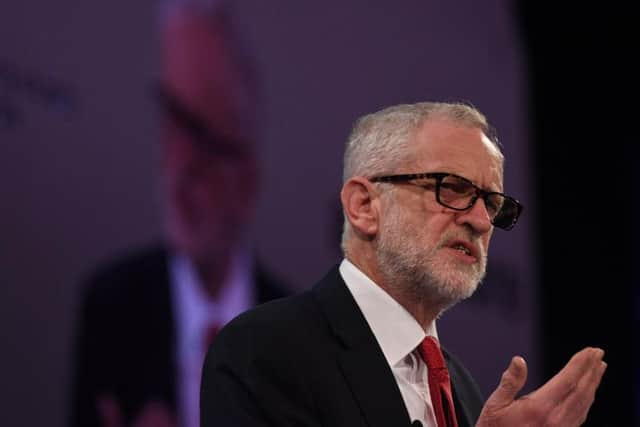A general election appears unavoidable - but outcome is unlikely to resolve Brexit: The Yorkshire Post says


MPs opposed to no-deal – including former Chancellor Philip Hammond and led by Labour MP for Leeds Central Hilary Benn –are attempting to pass legislation postponing Brexit until the end of January if no deal has been agreed by the end of October.
Mr Johnson described the plan as “Corbyn’s pointless delay” and urged Conservative MPs “to show our friends in Brussels that we are united in our purpose” after claiming the chances of a deal with the EU were rising.
Advertisement
Hide AdAdvertisement
Hide AdIt followed Tories being warned that anyone who votes against the Government faces losing the whip and being barred from standing for the party at the next election.


Earlier in the day, Tory backbencher David Gauke, the justice secretary until a few weeks ago, has said he believes Mr Johnson, who has a majority of just one, wishes to force a snap general election after purging “those of us who are not against Brexit, not against leaving the European Union, but believe we should do so with a deal” from the party.
While Mr Johnson’s supporters would undoubtedly argue that his combative approach is actually a way of finally delivering on the result of the referendum more than three years ago, recent history shows a general election would be very far from certain to provide clarity on Brexit.
At a time when she was polling strongly, Theresa May hoped to bolster her negotiating hand with the European Union by calling a snap general election in 2017 but instead lost her slim majority. Mr Johnson would face considerable additional challenges that make winning a majority extremely difficult - and the chance of defeat a very real possibility.
Advertisement
Hide AdAdvertisement
Hide AdTo take just one example, delivering a manifesto designed to prevent the recently-formed Brexit Party stopping the Conservatives winning vital seats is unlikely to win much favour in Scotland where the party currently hold 13 seats and have recently lost the popular Ruth Davidson as leader.


It has been reported that Mr Johnson hopes to make up the numbers he needs by winning Leave-backing seats held by Labour in the North, the Midlands and Wales; but that was a high-risk strategy that Theresa May also tried and failed with.
An election would undoubtedly be a considerable gamble. But - whether by accident or design - in many senses Mr Johnson has given himself no choice. By promising to deliver Brexit on October 31 in any circumstances and with little sign that the EU is willing to reopen negotiations, agreeing to Parliamentary legislation to prevent no deal would effectively delay Brexit and almost certainly bring his short time as Prime Minister to a near-immediate end.
Equally, MPs who oppose no deal - whether it is because they want the UK to remain in the EU in some instances or genuinely fear the economic and social consequences warned of from experts in industry, the NHS, retail and agriculture of departing without trade agreements - have also been painted into a corner. If they do not take their opportunity to stop the very real prospect of a no deal Brexit this week, the chance may not come again.
The signs all point towards the near inevitability of another election. But the prospect of another vote providing a solution to Brexit is far from assured.